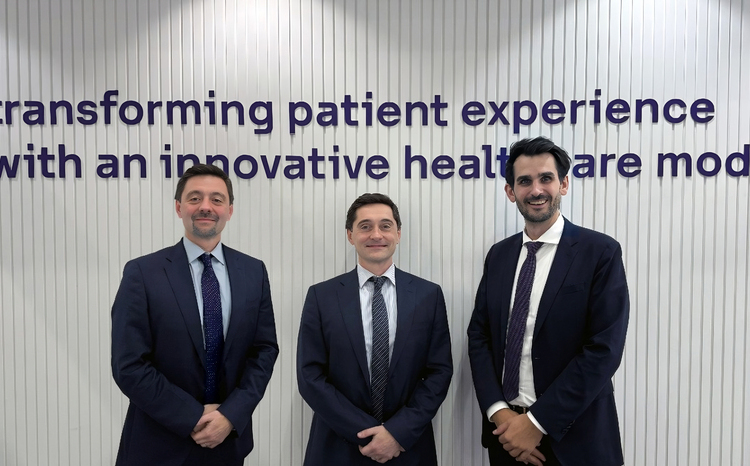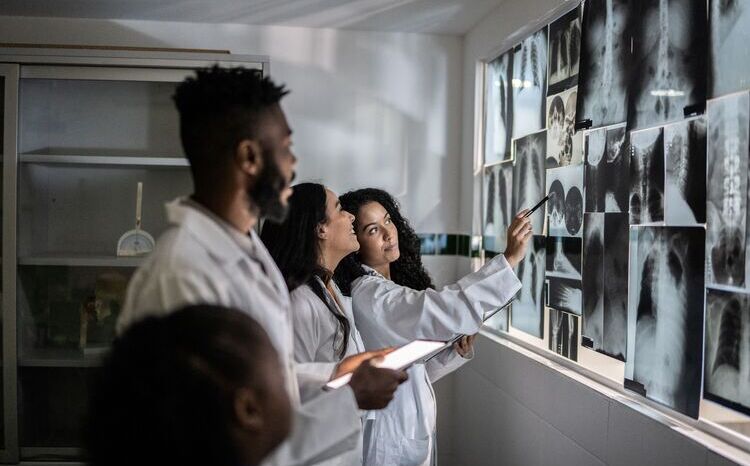Sherwood Forest roll-out wireless voice badges
- 26 February 2007
Staff at the Sherwood Forest Hospitals NHS Foundation Trust are set to benefit from new wireless voice badges, allowing them to communicate with patients and staff handsfree.
The new system is called the BT Managed Vocera. The Vocera communicators allow nurses to reach staff simply by saying their name. The devices can also broadcast to a number of people, such as a team of specialists, or they can locate staff by job title or location—such as finding the nearest nurse.
Managed Vocera operates over a BT wireless local area network and allows users to speak to each other instantly anywhere in the hospital through a lightweight voice-controlled, wearable badge.
As E-Health Insider reported last February, the technology has previously been successfully rolled out at the Royal Cornwall Hospitals NHS Trust.
Using the voice activated system staff simply have to say a person’s name, department or role to be automatically connected to the appropriate person and can speak to them just like on a normal phone.
Phil Bolton, trauma and orthopaedic nurse specialist at King’s Mill Hospital, said: “We often need a second opinion from a colleague and previously, unless they were close at hand, we’d have to bleep them to make contact. BT Managed Vocera enables us to do that without leaving the patient’s side.”
Carl Miller, superintendent radiographer at the hospital, said: “With Vocera I can continue to x-ray patients even when a problem arises. I’m told about the issue immediately via the badge and can think of the best solution while I continue to work. So multi-tasking has become a reality.”
The trust started trialling the technology in January last year, initially using 75 users in accident and emergency, radiology and admissions departments at the Kings Mill Hospital in Sutton-in-Ashfield, Nottinghamshire.
Jeffrey Worrall, CEO at Sherwood Forest Hospitals NHS Trust, says: “One of the key benefits of the BT solution is its use in improving efficiency. In particular, in A&E, we have been able to move patients more quickly into admitting departments, using the system to communicate between A&E and the site co-ordination staff.”
They have since extended the system to a further 1200 hospital workers and are preparing to roll out the system trust-wide later this month.
Worall added: “As well as transforming patient care, this technology can also improve the way we provide our services and help boost efficiency. But ultimately it’s about what’s best for our patients and one day there will be an incident where using Vocera will help save a life. I have no doubt about that.”
BT say the solution works better than paging, walkie-alkies and mobile phones allowing staff to communicate through speech recognition rather than slow and disruptive communications technologies which includes time spent searching for numbers and being open to thefts.
Dominic Ashworth, head of the BT mobility transformation team, said: “BT worked closely with Sherwood Forest Hospitals NHS Foundation Trust throughout the trial to help identify, track and realise the benefits of the BT Managed Vocera solution. It was our understanding of mobility and flexible working that provided the Trust with the insight required to ensure that maximum efficiencies were achieved.”
Trevor Ludlam, director of the North Nottinghamshire Informatics Service, added: “The use of this BT-managed wireless voice application shows that communications can be improved instantly. We don’t have to wait for people to answer their pagers and we can immediately find the resource we need, wherever it’s closest to the patient. I believe the benefits will be enormous.”




